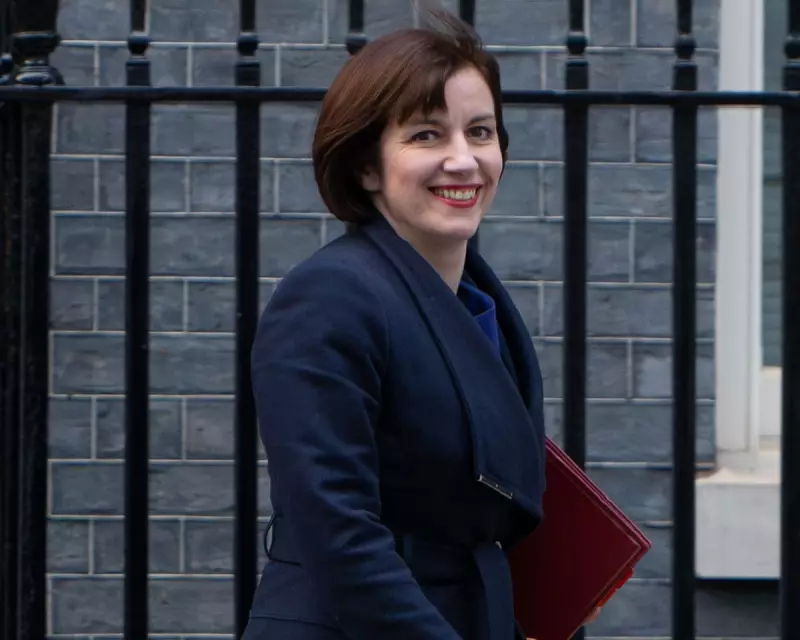
Education Secretary Bridget Phillipson has ignited a political firestorm by calling for a major public debate on reforming gender recognition laws, urging the Equality and Human Rights Commission to take the lead in what promises to be one of the most contentious conversations in British politics.
Minister's Controversial Intervention
In a move that has drawn immediate criticism from LGBTQ+ advocates, Phillipson suggested the EHRC should orchestrate a "mature public debate" about potential changes to the Gender Recognition Act. This intervention comes despite the government having previously shelved plans to reform the process for obtaining a gender recognition certificate.
Immediate Backlash from Advocacy Groups
Leading LGBTQ+ organisations have expressed alarm at the proposal. Nancy Kelley, chief executive of Stonewall, condemned the move as "deeply disappointing," arguing that trans people's rights shouldn't be subject to public opinion. Mermaids, the trans youth charity, echoed these concerns, stating that fundamental human rights should never be up for debate.
EHRC's Complicated Position
The equality watchdog finds itself in a delicate position, having previously advised against Scottish gender recognition reforms while facing criticism for its approach to trans rights. Phillipson's call places additional pressure on the commission to navigate this highly polarised landscape.
Political Divisions Exposed
The education secretary's comments have exposed deep divisions within and between political parties. While some Conservative MPs have welcomed the prospect of debate, others across the political spectrum question the timing and necessity of reopening what has become an increasingly toxic discussion.
What This Means for Trans Rights
At the heart of the controversy lies a fundamental question: should the recognition of trans people's identities be subject to majority opinion? Critics argue that Phillipson's approach risks further marginalising an already vulnerable community, while supporters maintain that significant legal changes warrant broad public discussion.
The coming weeks will reveal whether the EHRC takes up Phillipson's challenge and how this latest development will impact the ongoing conversation about trans rights in the UK.





